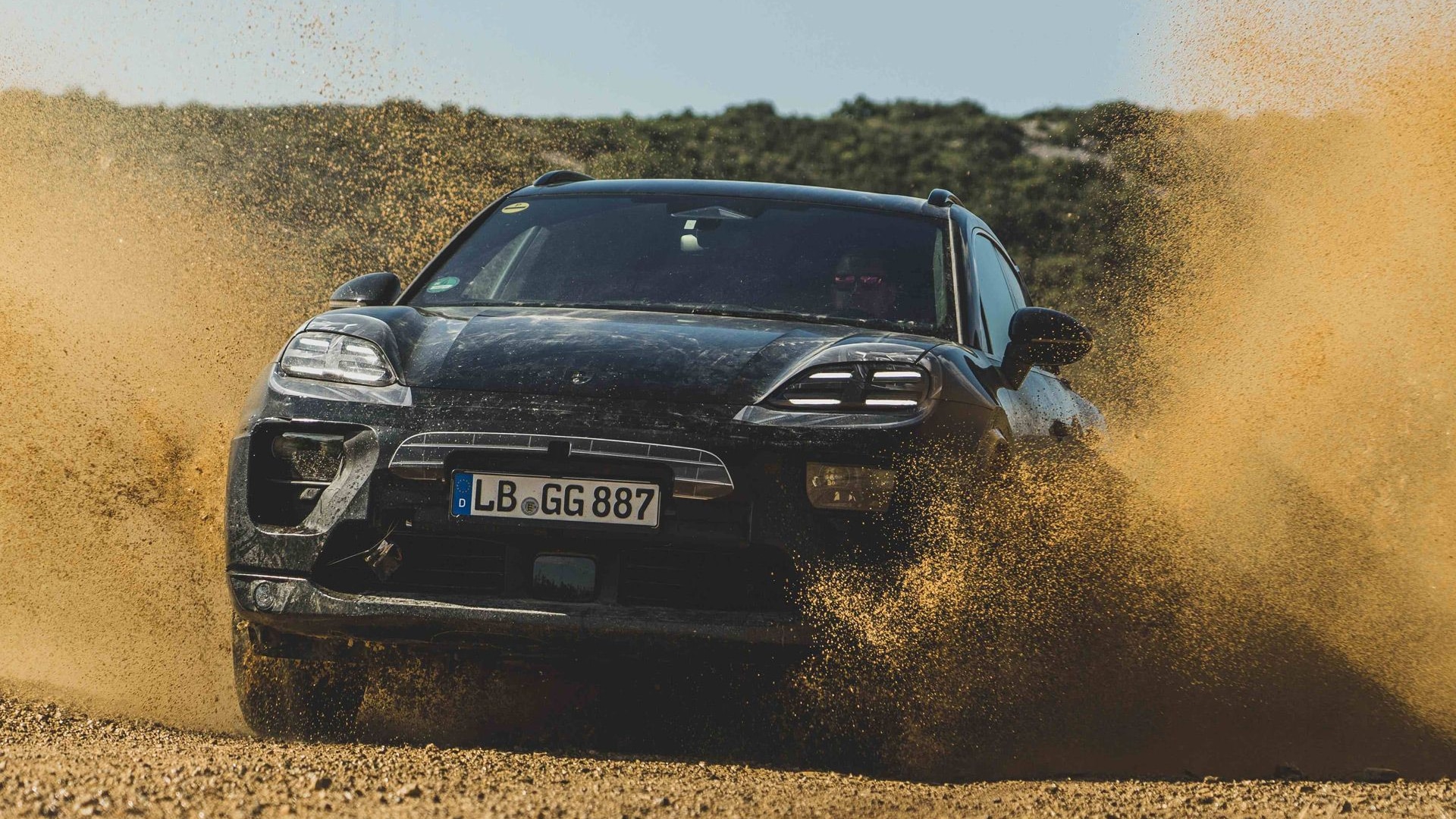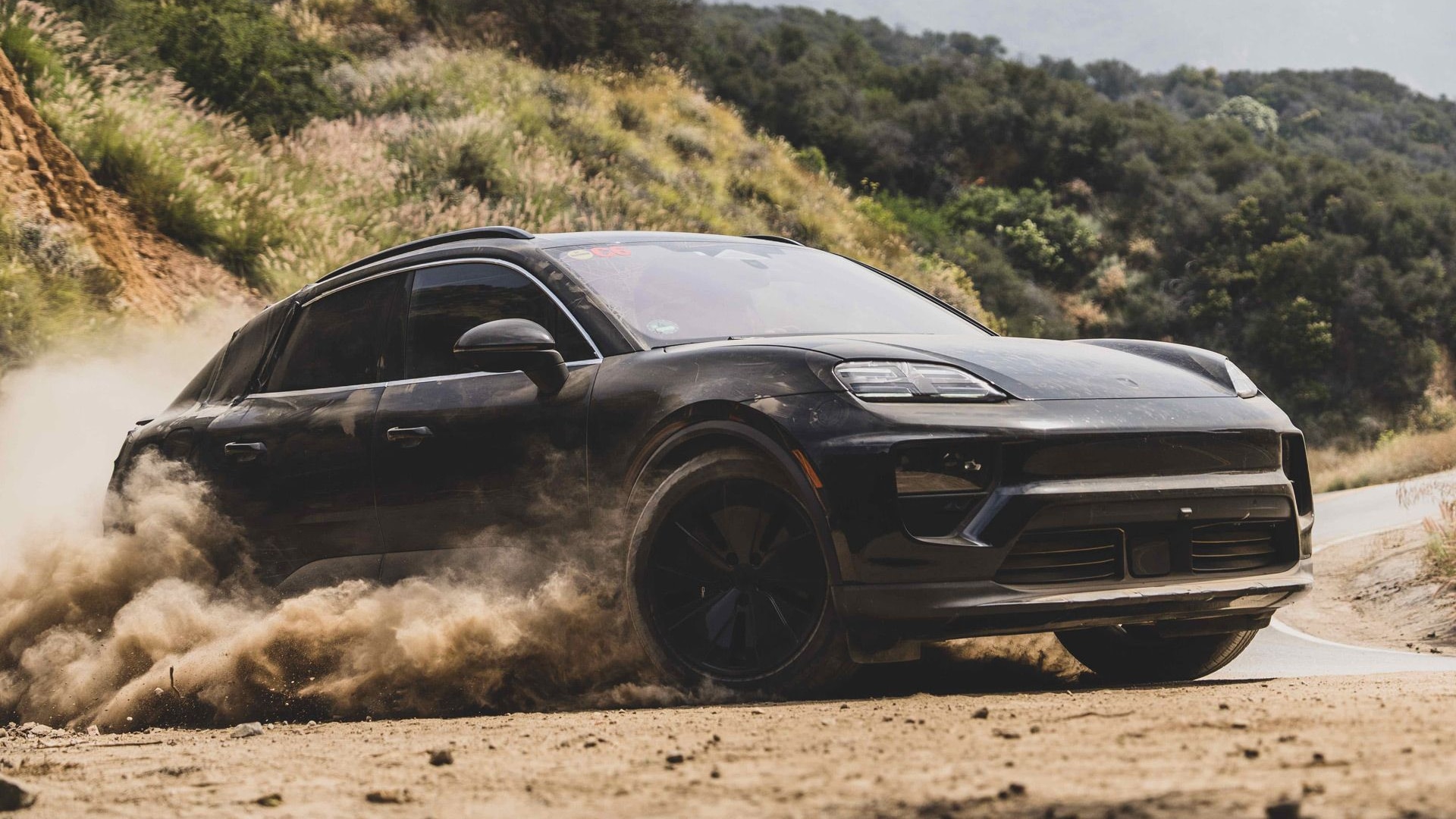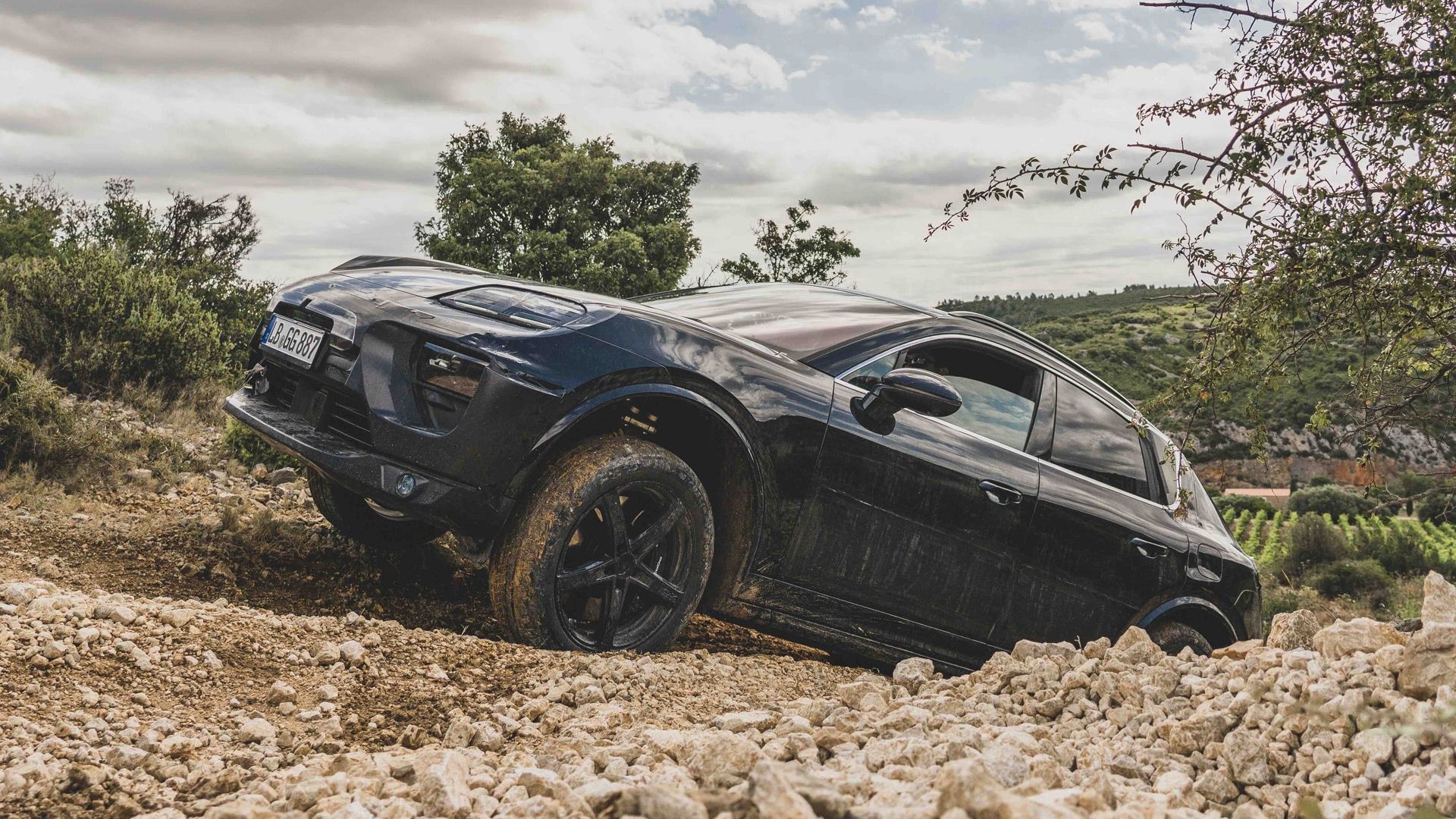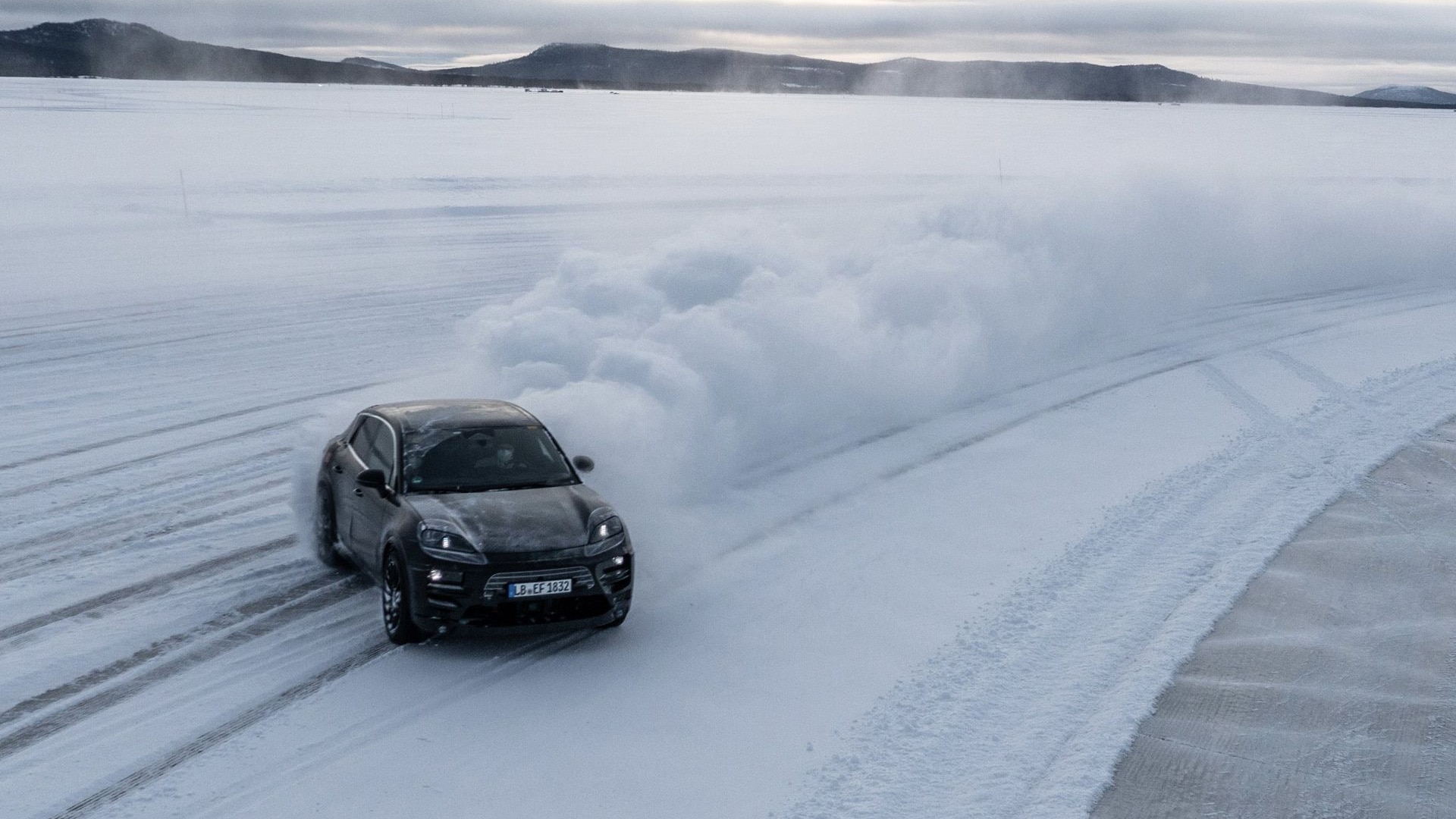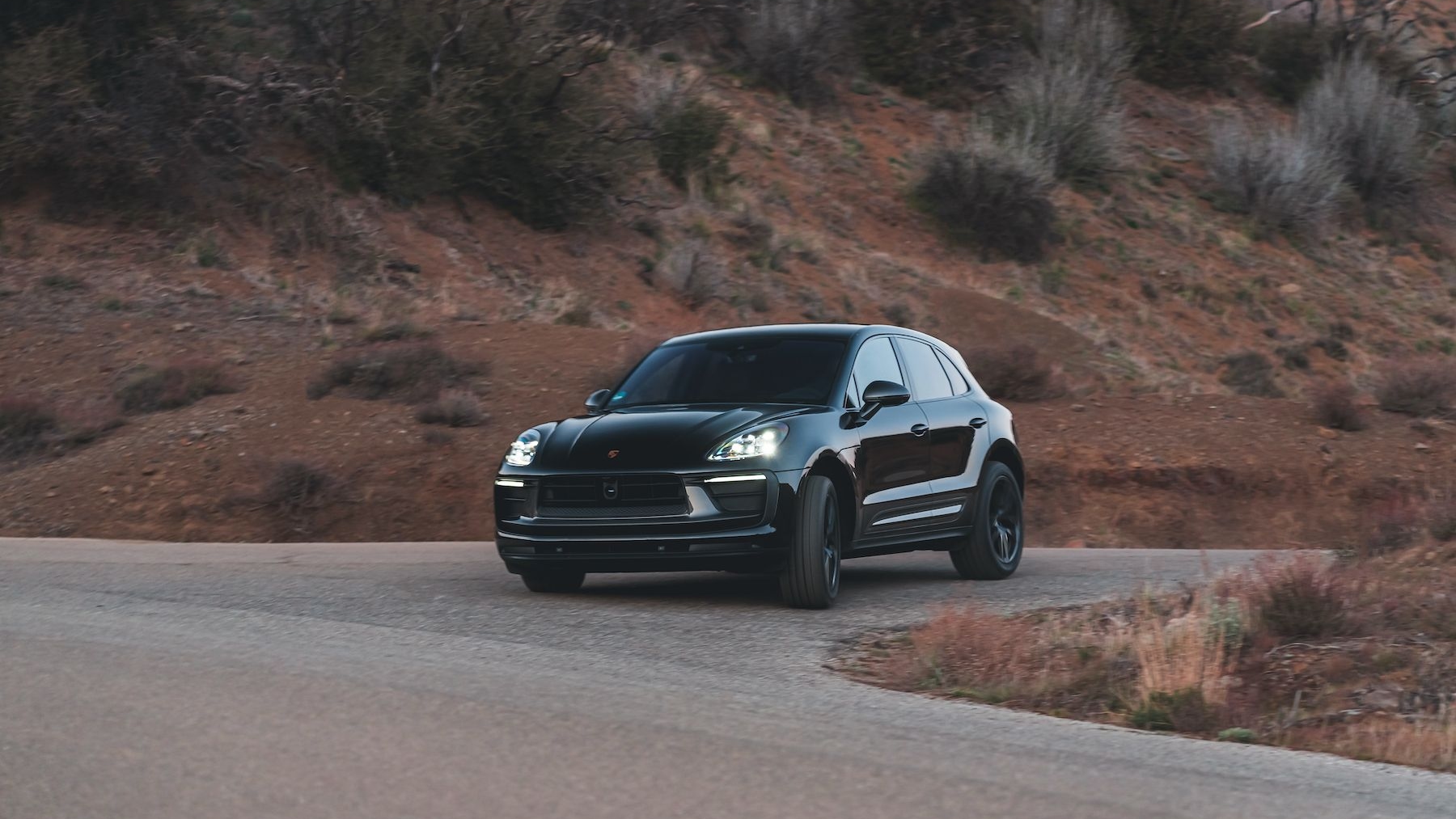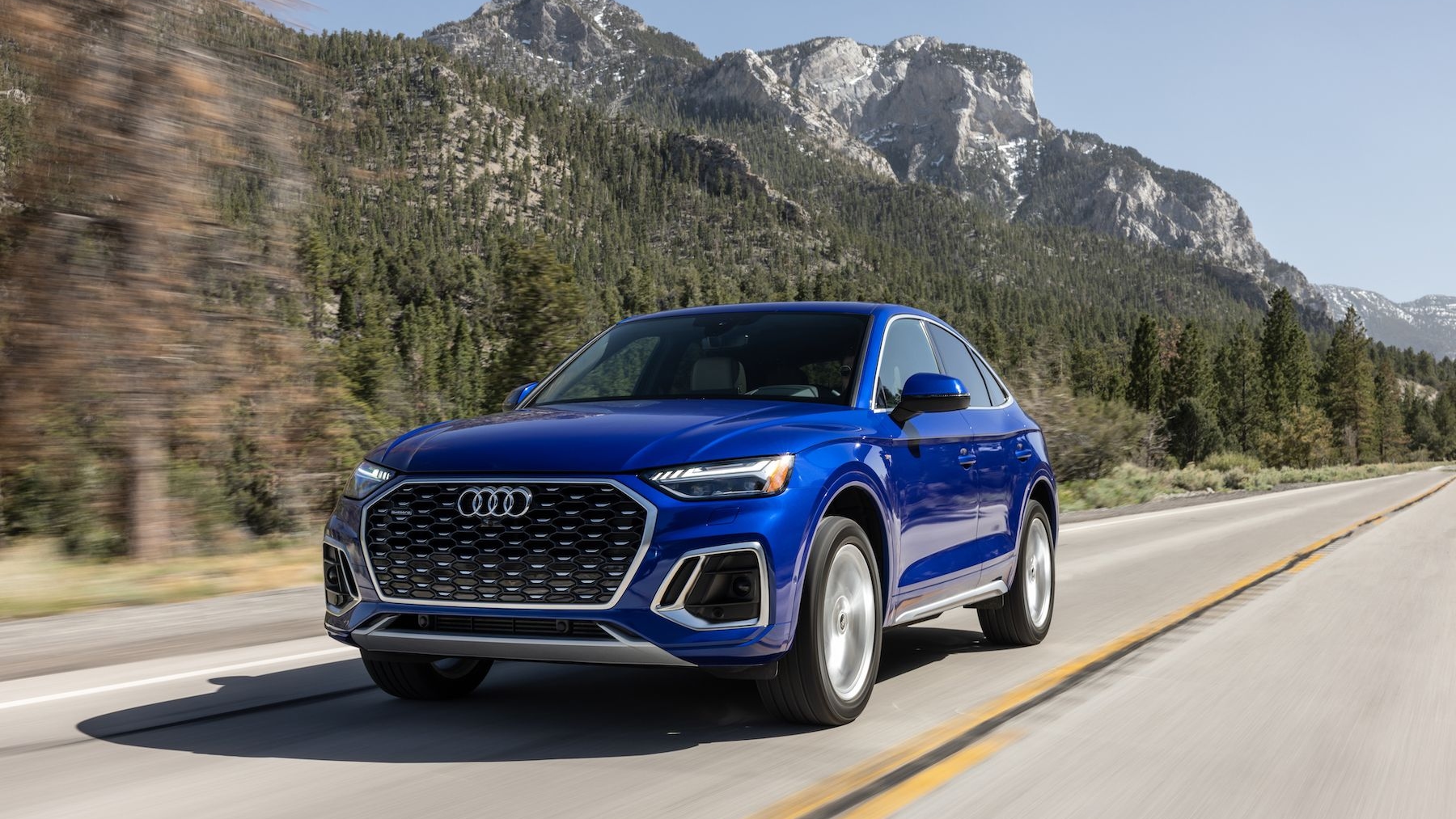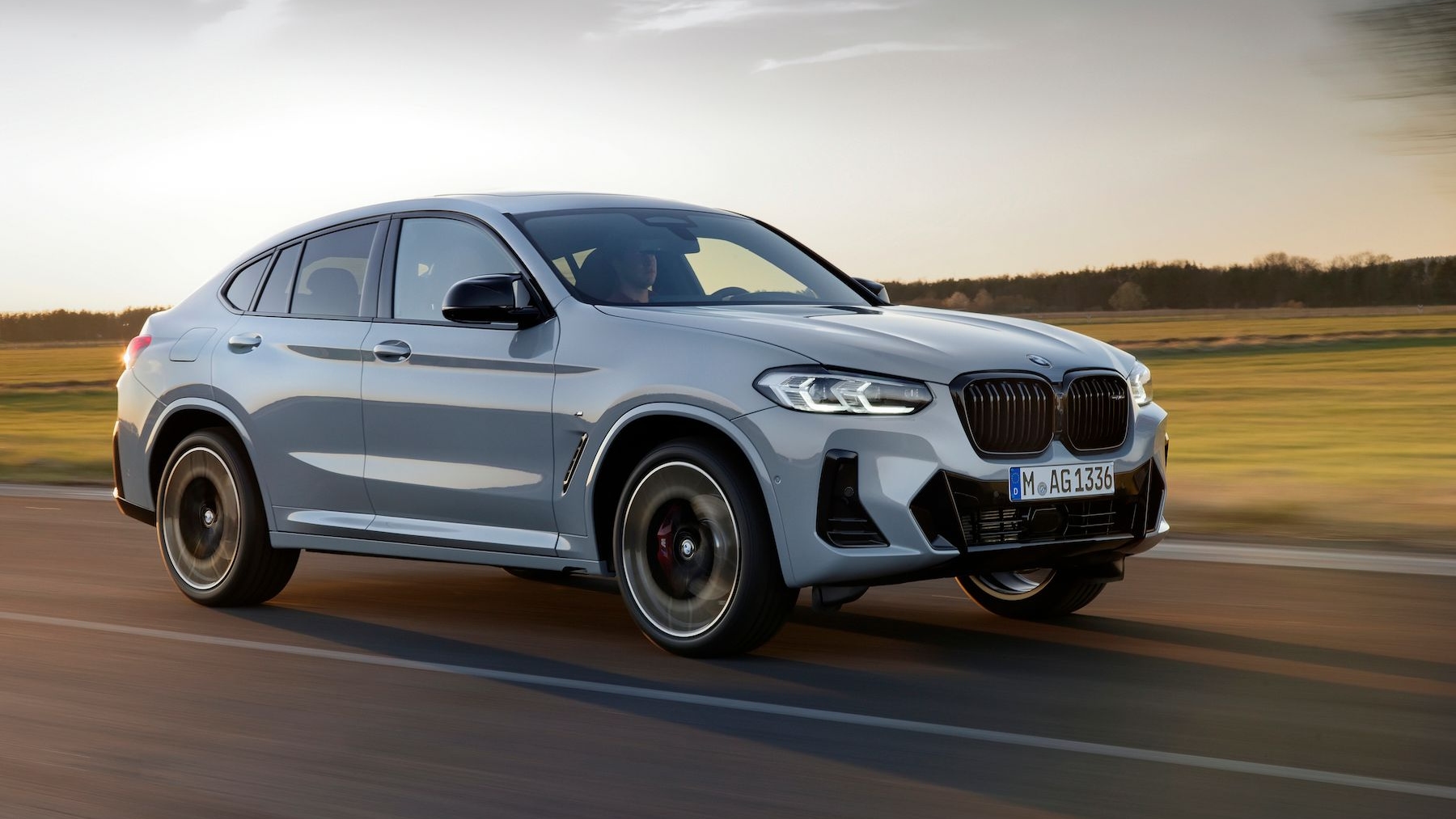A redesigned Porsche Macan powered by batteries is set to debut on Jan. 25, and Porsche last week dropped a few final details ahead of the reveal.
The electric Macan arrives 10 years after the original, though development delays related to software development issues pushed back that arrival by a year. A related Audi Q6 E-Tron has also been delayed.
The compact crossovers are the first to use Volkswagen Group's new PPE modular EV platform. Porsche and Audi were tasked with developing the platform, which is designed for high-volume premium models. For mainstream models, VW Group brands rely on the existing MEB platform.
Unlike Porsche's J1 platform that underpins the Taycan, the PPE platform is flexible enough to spawn low- and high-riding models in multiple size categories. For the Macan, the platform will feature a 100-kwh battery (95-kwh usable) and an electric motor driving each axle.
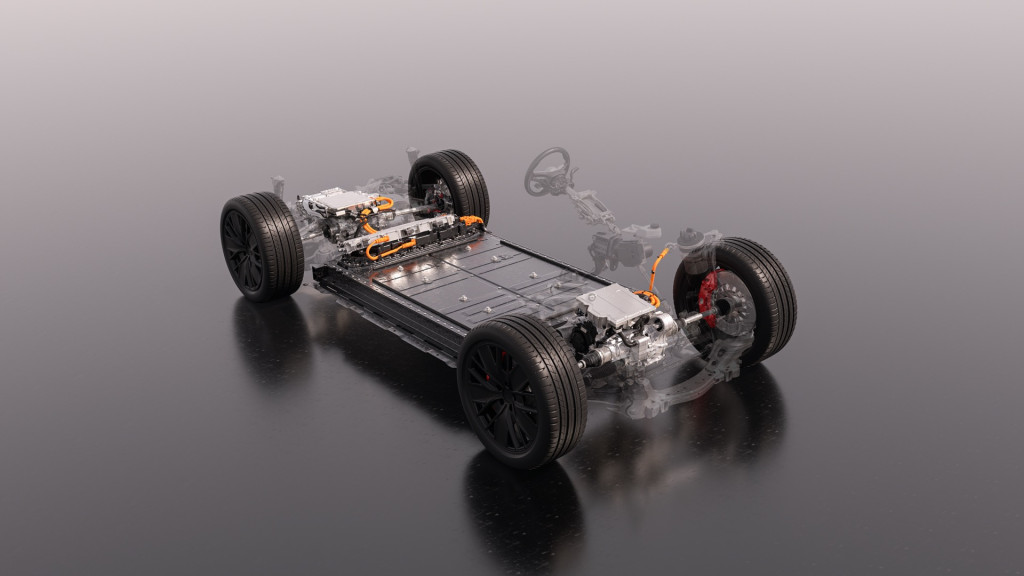
PPE platform for VW Group, developed by Porsche/Audi
Porsche plans to launch the electric Macan in entry-level and range-topping grades, and it will max out at more than 603 hp, achieved via a temporary boost. Porsche hasn't said what the continuous power rating will be.
All Macans will run an 800-volt electrical system. This will facilitate charging at rates of up to 270 kw. Additionally, the Macan will be able to undergo so-called bank charging when only 400-volt charging stations are available. The process essentially splits the 800-volt battery into two 400-volt segments, allowing for parallel charging that speeds up of the charging process. According to Porsche, a 10-80% charge in as little as 22 minutes will be possible.
Porsche said range will be more than 310 miles for all grades when measured using the WLTP test cycle used overseas. Using the stricter EPA cycle will result in lower range estimates.
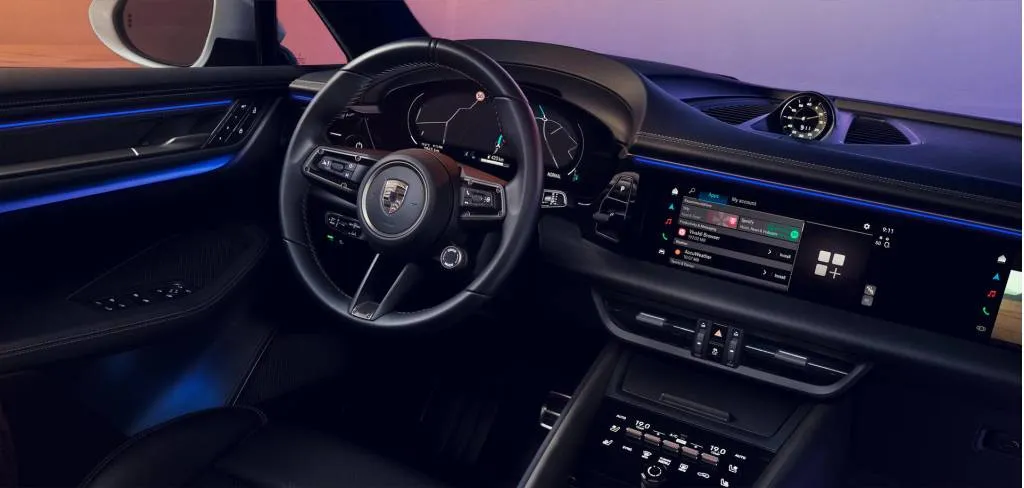
Electric Porsche Macan prototype
To help boost the range, Porsche worked to lower drag to sports car levels, which isn't a small task for a taller vehicle like a crossover. The vehicle's drag coefficient is a relatively low 0.25, thanks in part to various active elements including some found under the vehicle. The suspension also lowers the ride height at highway speeds to further boost efficiency.
When it comes to handling, adaptive dampers will come available for Macans with steel springs and standard on Macans equipped with air springs. Similar to technology that debuted in Porsche's redesigned 2024 Panamera, the dampers will come with a dual-valve design allowing for adjustment of both rebound and compression, providing a wider spread between comfort and performance. Rear-wheel steering will also be offered.
Higher grades will have a fully variable rear differential and an electronically controlled rear differential lock, which Porsche is calling the Performance Rear Axle. The rear motor will be mounted slightly behind the rear axle to make space for gearing and a slight rear bias when it comes to weight distribution, which will be 48:52 front to rear.
